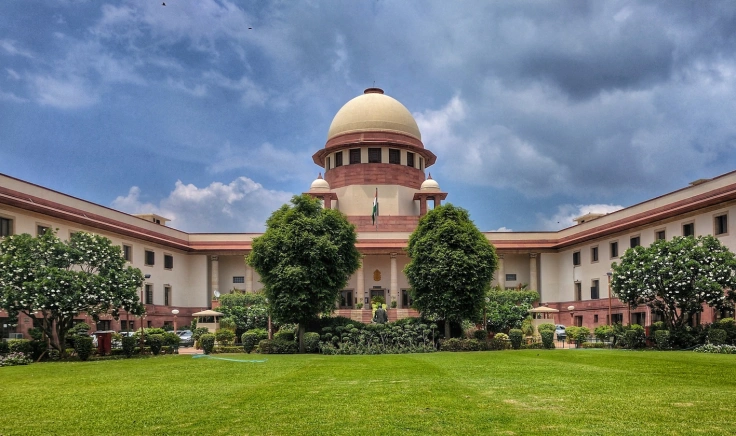The solicitor charged the state authorities with executing an illegal demolition of a few historically and spiritually significant Muslim holy sites on September 28.
On Friday, the Supreme Court declined to issue an immediate order to maintain the status quo on the demolition of certain religious structures, including dargahs and mosques, in Gujarat’s Prabhas Patan.
However, it stressed that any violation of the Court’s previous directive would have severe consequences, holding the state accountable for any breaches.
A bench led by Justices Bhushan R Gavai and KV Viswanathan warned the Gujarat authorities that disregarding the Court’s restraining order on demolitions could lead to contempt proceedings.
The judges noted that non-compliance with judicial orders would result in severe repercussions, including jail time and a directive to restore the demolished structures.
“We are not issuing notice or any interim order…but we clarify that if we find they (state) are in contempt of our previous order, we will not only send them to jail but will also ask them to restore everything…we will order status quo ante,” said the bench. The matter was adjourned to October 16.
Petition Claims State Defied Court Orders
The petition, filed by the Summast Patni Muslim Jamat, sought contempt proceedings against Gujarat authorities for allegedly ignoring the Supreme Court’s earlier order from September 17, which called for a temporary halt to all demolitions nationwide unless permitted by the Court.
The petitioner accused the state of illegally demolishing historically significant Muslim religious sites in Prabhas Patan on September 28, 2024. These structures are said to date back to 1309.
The petitioners argued that they were not given proper notice or a fair hearing before the demolitions took place. Senior counsel Sanjay Hegde, representing the petitioners, asserted that the notices issued by the state did not reference any demolition orders and accused the state of violating the Court’s directive.
The Court’s earlier order had specified that the temporary halt on demolitions would not apply to unauthorized structures built in public spaces or those ordered for demolition by a court of law.
However, the petitioners claim that the demolished sites were historically and spiritually significant, making the state’s actions illegal and in contempt of the Court’s directive.
The Supreme Court will revisit the matter on October 16, and further legal proceedings could determine the outcome of this contentious issue.




























